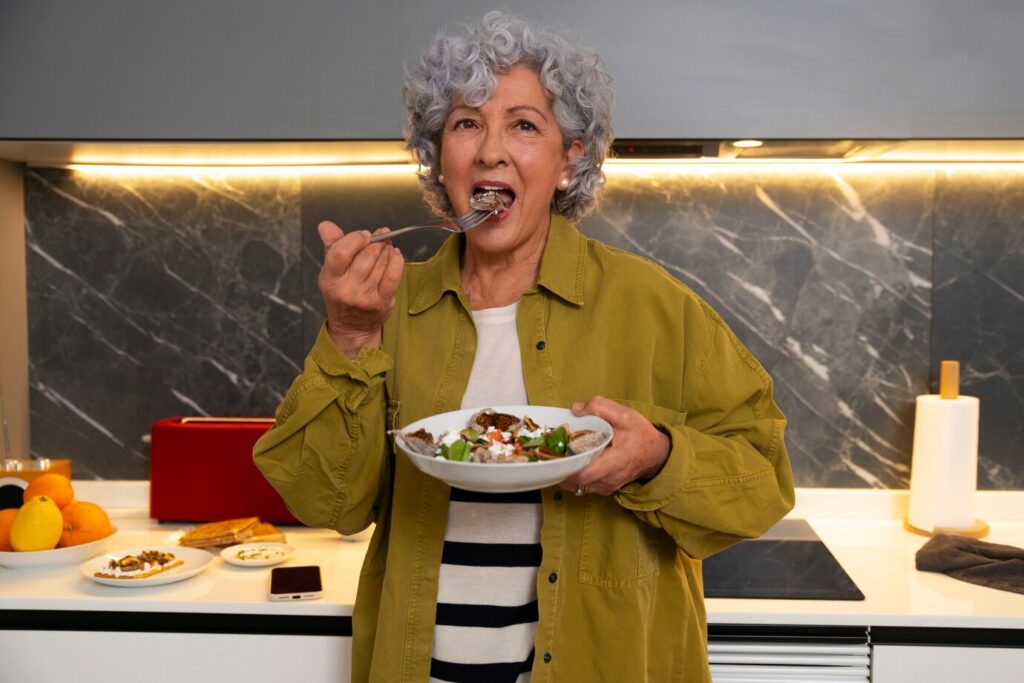Want to stay youthful and energetic for as long as possible? While aging is inevitable, making smart dietary choices—especially those that regulate blood sugar—can help slow the process and reduce age-related complications.
According to Ronesh Sinha, M.D., an internal medicine physician with the Palo Alto Medical Foundation, maintaining stable blood sugar levels is key to preserving energy, vitality, and overall health.
Why Blood Sugar Matters
Proteins are essential for many bodily functions, serving as the building blocks of muscles, blood vessels, organs, and collagen (which keeps skin, cartilage, and bones strong).
However, when blood sugar (glucose) levels become too high, glucose binds to proteins, damaging their structure and function. This process forms advanced glycation end products (AGEs)—dysfunctional glucose-protein complexes that contribute to aging and disease.
“When proteins start breaking down, you start looking and feeling older,” Dr. Sinha explains. “Wrinkles form, cartilage wears away in joints, and vital organs become vulnerable.”
AGE-Related Health Risks
Excess AGEs have been linked to several serious conditions, including:
- Cancer
- Heart disease & stroke
- Type 2 diabetes
- Alzheimer’s disease
- Kidney disease
- Atherosclerosis (hardening of the arteries)
- High blood pressure
- Vision impairment
- Nerve damage
Even for those without diabetes, elevated glycohemoglobin levels (a marker of sugar-bound hemoglobin) may indicate a higher risk for AGE-related diseases.
How to Reduce AGEs & Support Healthy Aging
1. Choose the Right Cooking Methods
- Avoid high-heat cooking (grilling, frying, roasting) that caramelizes proteins and sugars.
- Opt for steaming, boiling, slow cooking, or using a Crockpot to minimize AGE formation.
2. Cut Back on Sugar & Processed Foods
- Limit high-fructose corn syrup and added sugars found in sodas, sweets, and processed snacks.
- Be wary of “healthy” and “low-fat” labeled foods—they often contain hidden sugars that spike blood sugar levels.
3. Watch Your Carb Intake
- Even healthy carbs like oatmeal, grains, and wheat can raise blood sugar when consumed in excess.
- Balance carbohydrate intake with proteins, healthy fats, and fiber to slow glucose absorption.
4. Stay Active
- Exercise boosts sugar metabolism and reduces AGE accumulation.
- Even small lifestyle changes, like walking daily or strength training, can make a significant impact.
“It’s never too late to start exercising,” Dr. Sinha says. “Talk to your doctor about a safe way to begin.”
The Takeaway
By managing blood sugar levels, making smart food choices, and staying active, you can slow the aging process and protect yourself from age-related diseases. Small, consistent changes can lead to a longer, healthier, and more vibrant life.


